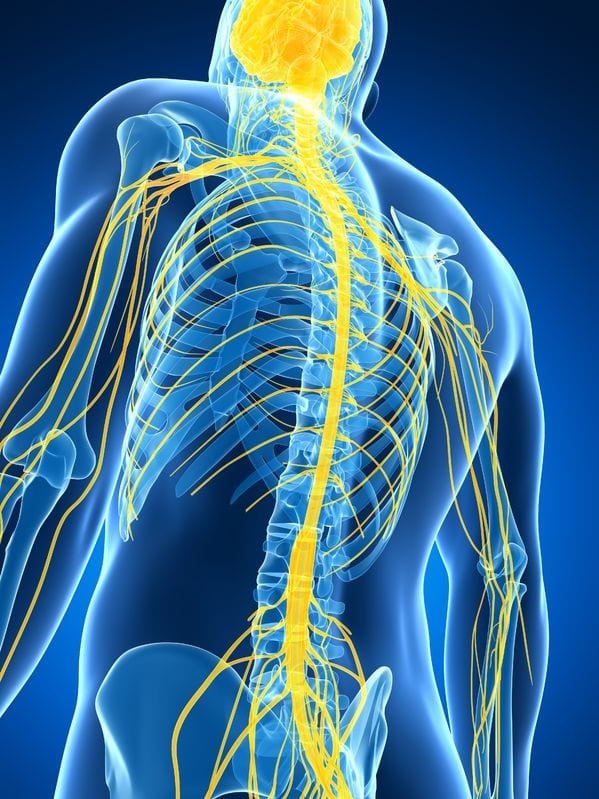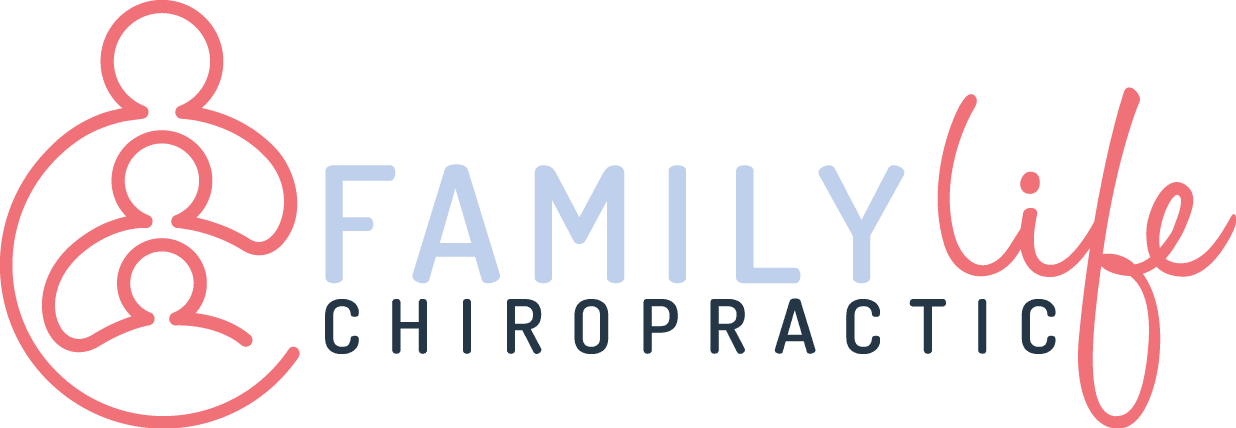Pregnancy is a miraculous journey that brings about significant changes in a woman's body. Along…

What Happens to Your Body after a Remedial Massage?
If you’ve ever wondered what happens to your body after a remedial massage, you’re not alone — many people are curious about the lasting effects of this therapeutic treatment. More than just a moment of relaxation, remedial massage works deep within the body to target tension, improve mobility, and support natural healing.
In this blog post, we’ll explore the physical, mental, and emotional shifts that occur after a session, helping you better understand the benefits and what to expect as your body responds and recovers.
Boost your circulation, support your healing.
Remedial massage stimulates blood flow, helping oxygen and nutrients move more freely through the body — it’s one of the reasons you feel so refreshed and recharged after a session.
Immediate Physical Effects
After a remedial massage, your body begins to respond almost instantly. Some of the most common and beneficial physical changes include:
🟢 Muscle Relaxation
The targeted manipulation of soft tissues helps release built-up tension and muscle knots. This allows your muscles to soften and relax, reducing tightness and discomfort.
🟢 Improved Blood Circulation
Massage stimulates blood flow to the areas being treated, encouraging the delivery of oxygen and essential nutrients. It also helps flush out metabolic waste, supporting tissue repair and recovery.
🟢 Pain Relief
If you’re experiencing muscular pain or stiffness, you’ll likely notice a reduction in discomfort. This is due to decreased inflammation, improved mobility, and the calming effect on pain receptors.
🟢 Enhanced Flexibility and Range of Motion
By loosening tight muscles and connective tissues, remedial massage can help restore natural movement patterns and improve joint flexibility — making everyday activities feel easier.
🟢 Stress Reduction
Massage doesn’t just benefit the body — it calms the mind, too. The soothing touch activates the parasympathetic nervous system and boosts endorphin release, creating an immediate sense of peace and wellbeing.

Post-Massage Soreness
Don’t be surprised if you feel a little sore after your remedial massage — especially if your therapist worked deeply on specific tension areas. This mild discomfort is completely normal and quite similar to the muscle soreness you might feel after exercise.
It’s all part of what happens to your body after a remedial massage — a natural healing response as your muscles release built-up tension, reset, and begin the repair process.
Here are a few ways to ease post-massage soreness:
-
💧 Stay Hydrated – Drink plenty of water to help flush out metabolic waste and support your body’s recovery.
-
❄️ Apply Ice or Heat – Use an ice pack to reduce inflammation or a heat pack to relax the muscles further — whichever feels more soothing.
-
🧘 Gentle Stretching – Light stretching can help relieve tightness and keep the muscles moving freely.
-
😴 Rest if Needed – Listen to your body and take it easy if you’re feeling tired or tender.
Soreness typically resolves within 24–48 hours and is often followed by a noticeable sense of lightness, ease, and improved mobility.
Long-Term Benefits
While the immediate effects of remedial massage are deeply satisfying, the true power of this therapy lies in its long-term benefits. What happens to your body after a remedial massage goes beyond just muscle relief — with regular sessions, you may experience ongoing improvements in both physical and mental wellbeing:
🟢 Improved Posture
By consistently addressing muscle imbalances and tension, remedial massage can help correct postural issues. Over time, this reduces strain on the spine, joints, and supporting muscles — promoting a more balanced and upright posture.
🟢 Injury Prevention
Tight or overworked muscles are more prone to strain and injury. Remedial massage helps maintain muscle health and flexibility, reducing the likelihood of future injuries — particularly beneficial for active individuals or those in physically demanding jobs.
🟢 Enhanced Circulation
Ongoing massage therapy encourages healthy blood flow throughout the body, supporting cardiovascular function and helping cells receive the oxygen and nutrients they need to thrive.
🟢 Stress Management
Chronic stress can affect nearly every system in the body. Regular massage supports nervous system regulation, reduces cortisol levels, and fosters a more resilient mental state — all of which help you manage stress more effectively over time.
🟢 Better Sleep
Many clients report more restful and uninterrupted sleep after incorporating massage into their routine. This is due to reduced muscular tension, balanced nervous system activity, and an overall sense of physical calm.

Mental and Emotional Effects
Remedial massage doesn’t just care for the body — it nurtures the mind and soul as well. Many clients report feeling lighter, calmer, and more mentally focused after their session. Here’s why:
🟢 Mental Clarity
As physical tension melts away, the mind often follows. Many people experience improved focus, mental sharpness, and a renewed sense of calm after a massage.
🟢 Reduced Anxiety and Depression
Massage encourages the release of “feel-good” chemicals like serotonin and dopamine, which help reduce stress and ease symptoms of anxiety and depression. Regular sessions can contribute to better emotional regulation over time.
🟢 Emotional Balance
Touch is a powerful connector. The safe, therapeutic nature of massage promotes feelings of emotional grounding, stability, and overall wellbeing — especially during times of stress or change.
A Holistic Path to Wellness
A remedial massage is more than just a physical treatment — it’s a journey of restoration and balance. From immediate muscle relaxation and enhanced circulation to long-term improvements in posture, sleep, and emotional wellbeing, the benefits are broad-reaching and deeply rewarding.
Learn more about our remedial massage services at Family Life Chiropractic and discover how regular treatment can support your health and wellbeing.



